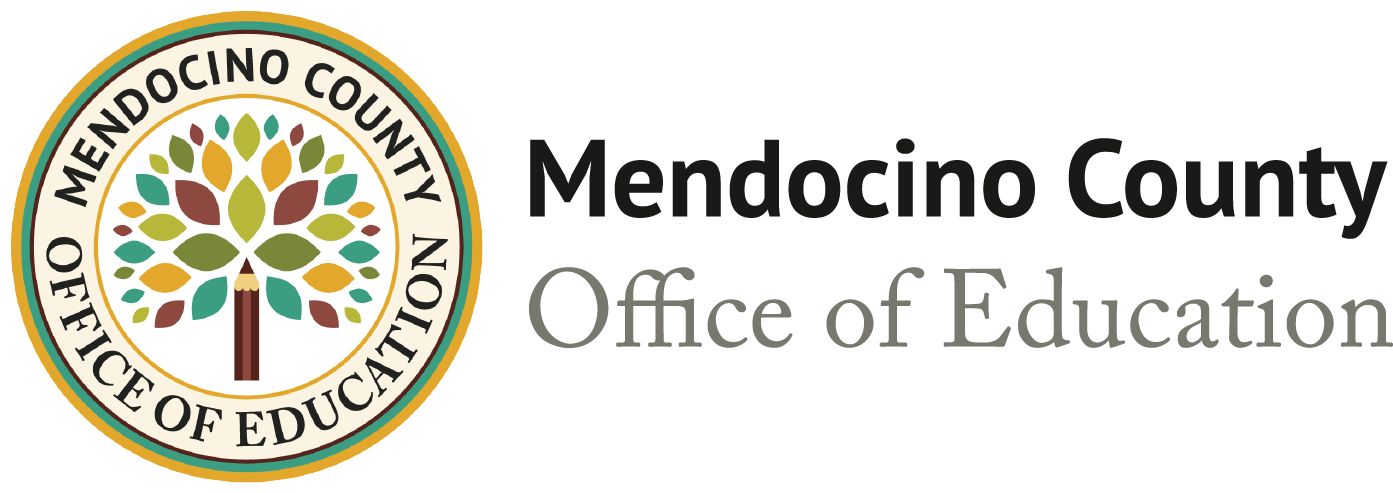%20(2).png?mask=1)
Universal Design for Learning (UDL)
UDL is an educational framework that helps create learning environments that are flexible and inclusive for all students.
UDL is based on research in learning theory and neuroscience, and is designed to improve learning outcomes for all students.
What are the UDL Guidelines?
The UDL Guidelines are a tool used in the implementation of Universal Design for Learning, a framework developed by CAST to improve and optimize teaching and learning for all people based on scientific insights into how humans learn. The guidelines offer a set of concrete suggestions that can be applied to any discipline or domain to ensure that all learners can access and participate in meaningful, challenging learning opportunities.
The goal of UDL is learner agency that is purposeful & reflective, resourceful & authentic, strategic & action-oriented.
- The Universal Design for Learning Guidelines
- CAST.org (CAST is a nonprofit education research and development organization that created the Universal Design for Learning framework and UDL Guidelines.)
MCOE Resources and Support
Example Sessions
WHY?
Unravel the core principles of UDL and understand how it caters to the diverse needs of your students.
HOW?
Addressing the myth of the average. Exploring strategies to recognize and value learner variability
WHAT?
Mindset
Learner Variability
CAST guidelines
WHY?
By removing barriers to learning through instructional strategies and tools we can better accommodate learner variability and support all of our students.
HOW?
By modeling a variety of tools and strategies and providing time to explore individually and in groups.
WHAT?
Connect student behaviors to possible barriers to learning
Identify barriers to learning in our classrooms
Explore strategies and tools to remove barriers to learning
- Developing learner agency
- Identity and intersectionality as part of variability
- Addressing barriers, biases, and inequities
- The value of interdependence and collective learning
For custom sessions, please contact Dr. Rebecca Bailey.

This site provides information using PDF, visit this link to download the Adobe Acrobat Reader DC software.


